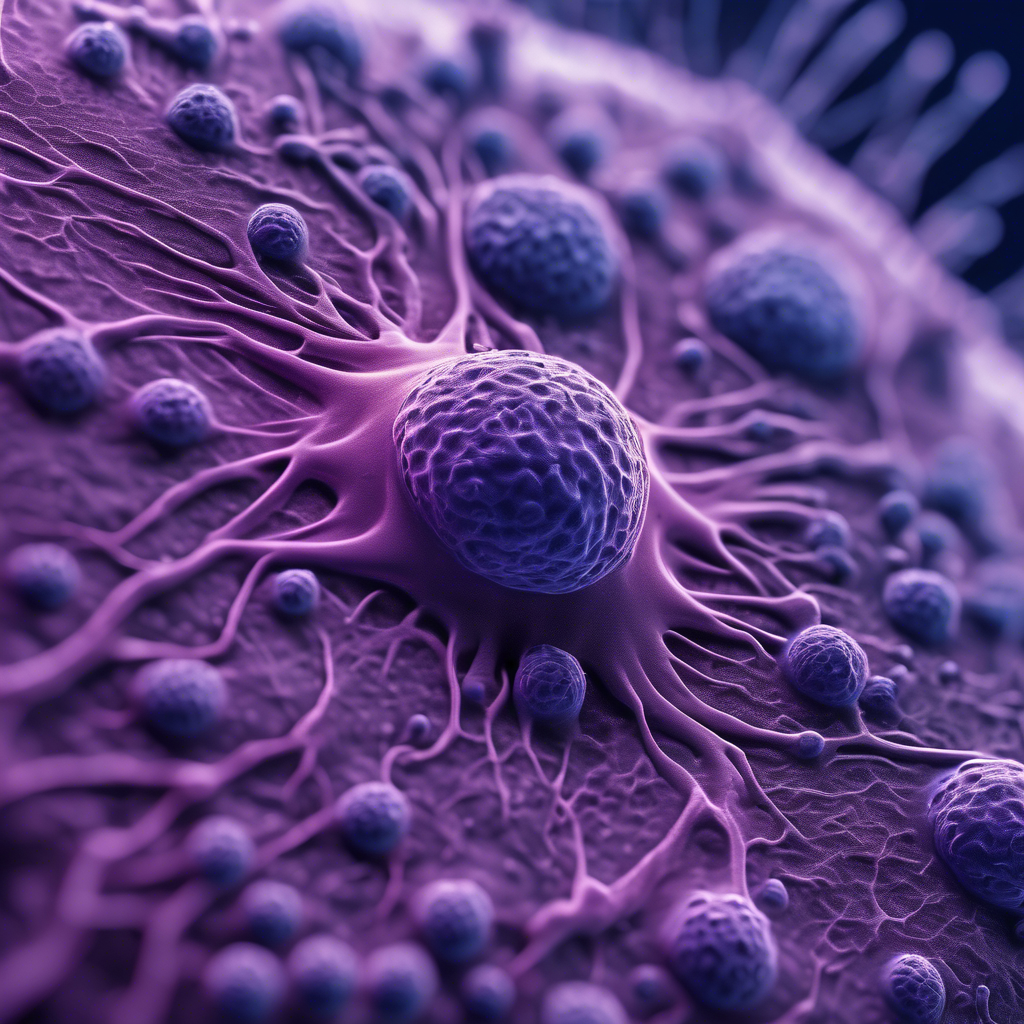
Biological age is an intriguing concept that has been gaining considerable attention in the realms of health and medicine. Unlike chronological age, which simply counts the number of years a person has lived, biological age measures how old your body truly is at a cellular and molecular level. This distinction is crucial because your biological age can reflect the wear and tear your cells undergo due to genetics, lifestyle, and environmental factors, offering a more accurate gauge of your overall health. Recently, researchers have found a significant association between biological age and cancer risk, which highlights new frontiers for preventive medicine. For example, studies have demonstrated that as biological age accelerates — meaning your cells appear older than your actual years — the likelihood of developing cancers like breast cancer increases notably. Specifically, evidence suggests that a woman whose biological age is five years older than her chronological age faces a 15% higher risk of breast cancer, serving as a vital reminder that how old your body seems can matter just as much as the birthday candles you blow out.
Understanding your biological age is not merely academic but holds practical significance in cancer prevention. Luckily, there are many modifiable factors that can help slow biological aging, empowering individuals to reduce their cancer risk. Engaging in regular physical activity acts as a potent anti-aging elixir at the cellular level, enhancing immune function and stimulating the production of youthful proteins. Complementing exercise with a nutrient-rich diet full of fruits, vegetables, whole grains, and lean proteins provides the necessary antioxidants and vitamins to counteract oxidative stress, one of the hallmark drivers of cellular aging. Sleep, often underrated in health conversations, is another cornerstone; adequate restful sleep facilitates DNA repair and the elimination of cellular toxins, promoting longevity. Moreover, managing psychological stress through meditation, social connection, or hobbies can mitigate the effects of stress hormones that accelerate aging. On the flip side, certain habits amplify biological age — smoking and excessive alcohol intake both inflict damage on cellular structures, exacerbating the aging process and increasing cancer susceptibility. Thus, a holistic lifestyle approach is essential not only for feeling younger but for reshaping one’s health trajectory against cancer.
Thanks to the explosion of technological innovation, assessing biological age has evolved far beyond traditional medical tests. One particularly fascinating advancement involves artificial intelligence (AI) and facial analysis. Scientists have developed deep learning algorithms capable of examining subtle features in the human face — such as skin texture, coloration, and fine lines — which serve as biomarkers of cellular aging. This non-invasive, rapid approach can estimate a person’s biological age and even predict outcomes for cancer survival, adding a novel tool to personalized medicine. The power of AI lies in its ability to detect patterns invisible to the naked eye or classical techniques, offering more nuanced insights into individual health status. Such technology not only makes biological age assessment more accessible but also opens new avenues for early detection and tailored interventions based on an individual’s unique aging profile. Imagine a future where a quick selfie analysis could guide you on lifestyle adjustments calibrated precisely to slow your biological clock and minimize cancer risks.
Integrating these technologies into personalized health management empowers individuals to take charge of their well-being in an unprecedented manner. When you understand your biological age and its implications, the decisions you make — from choosing foods to activities to preventive screenings — become more strategic and impactful. This data-driven approach transforms generic health advice into customized action plans, increasing the likelihood of success in reducing cancer risk. Additionally, public health campaigns and medical providers can use biological age metrics to identify high-risk populations and intervene early. It’s akin to having a health compass that points not just to where you are but how fast you’re aging and what changes can turn back the clock. Ultimately, harnessing biological age as a measurable and modifiable risk factor offers hope for a healthier future, with cancer prevention becoming more proactive rather than reactive.
The concept of biological age reshaping cancer risk understanding marks a paradigm shift towards precision health. It underscores the significance of lifestyle choices in influencing the very fabric of our cells and illustrates the vast potential of combining human biology with cutting-edge technology. Adopting healthy habits, steering clear of harmful substances, and leveraging AI insights can collectively create a formidable defense against cancer. As this field continues to expand, more novel assessments and interventions will emerge, enabling people to live longer, healthier lives that defy their chronological years. Like unlocking the secret blueprint of aging, paying attention to your biological age invites a more vibrant, cancer-aware journey through life, where science, technology, and personal responsibility intertwine beautifully.
#BiologicalAge #CancerPrevention #HealthyLiving #AIHealthTech #LongevityScience #BreastCancerRisk #CellularAging
Leave a Reply